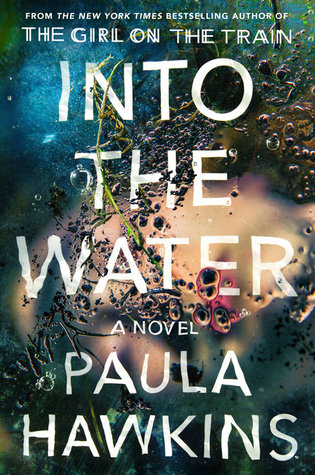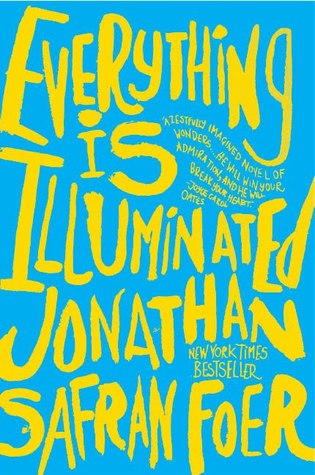Flowers for Algernon is the story of Charlie Gordon, a mentally handicapped thirty year old man with an IQ of 59. Charlie wants more than anything to be smart after being told he is dumb his entire life. He signs up for a research study to try to increase intelligence and he is chosen as the first human to undergo the surgery. He quickly goes from having the understanding of a 10 year old to surpassing phds and college professors in their ability to understand complex concepts, languages, and much more. All the time that Charlie is improving, he is monitored and put through tests to verify his progress. He has emotional struggles he has never had before, so he must go through therapy. Life in general becomes much more complicated as he overcomes great odds just to be considered "normal", but when he goes past those around him they start to resent him. All the while Charlie is very interested in what happens to Algernon, the laboratory mouse who was the first successful test subject of this surgery before himself, to see what may become his own fate.
This was a very interesting story, and I love the way it was written. The book is first person narrative, and you can easily track the difference in his intelligence just from how he describes the world around him. In his natural (lower IQ) state, Charlie is very superstitious and thinks that everyone he interacts with are his "friends" in spite of the fact that they are making fun of him constantly. As he improves, he loses his "friends" because they feel he's become too high and mighty for them. He also has more and more memories from his childhood come to mind that he had locked away somewhere in his brain, shedding light on why he responds to somethings in some ways. Overall this book is a great look into how psychology works and begs the question of if it is right to give someone the gift of intelligence if it could be taken away. Is it better to be blissfully ignorant to what is considered "normal life" or is it worth knowing what you are missing later on? All good questions. I very much enjoyed this book, and if you are interested in psychology I definitely recommend it. I give this book 4 out of 5 stars.
Into the Water follows the history of a small English riverside town with a dark past. When yet another local woman dies from apparent suicide in the water, investigators are sent in to determine what is going on. Was this suicide or was someone in the town upset that this woman was writing a book about "the drowning pool"? I liked the way the book progresses through each character's point of view. The story itself was definitely reminiscent of her previous book, The Girl on the Train. I like her writing style and it kept me guessing. I give this book 4 out of 5 stars.
Good Omens is a hilarious story by Neil Gaiman and Terry Pratchett. It's the story of the apocalypse interpreted in extremely random ways. I don't want to give too much away, but it's awesome and you should read it, lol. I give this book 4 out of 5 stars.
Everything Is Illuminated has been on my "to-read" list since college (when it was new), and I think I might have become too cynical in my years since because I just don't "get" this book. I love the story of Jonathan and Alex's trip through Ukraine - having loved the movie so much, this is the story I expected to read, but better than the film. The side story about the completely fictional history of Trachimbrod on the other hand ... what the heck? I've even gone to the extent of reading the reviews of others to see if there is some big point I missed, but I guess I'm just not in the early 20s mindset to appreciate this section of the book or something. I've read some reviews that say this section is Foer's attempt at philosophy, but I don't see what possible philosophy one could gain from this story. The characters are over-sexualized, as if sex is the only thing that motivates anyone no matter how young. It's just felt so odd and forced. I'm not generally a prude with what I read, but this was a bit over the top. The other, "modern" story makes up for this disappointment though, in my opinion. I give this book 3 out of 5 stars.
We Should All Be Feminists is a very short and to the point essay on feminism. The author really breaks through all the preconceived political nonsense people attach to the word "feminist" and describes it at its core: the fact that women and men should be treated equally. She even speaks out against the excuse of, "Well EVERYONE should be treated equally, so why are you trying to put women above men?" by explaining that of course everyone should be treated equally, but it is only women who seem to need to demand this treatment in order to not be pushed aside. Men don't have this problem. Thus, we should all be feminists. This really put into words the way I have always felt about gender equality. It is not loaded with other hidden motives - it is a basic explanation of the issue we face throughout the word. We should all be feminists, and we should all read this book. I give this book 5 out of 5 stars.






Good Omens - a book I've owned probably 14-15 copies of. Love it so much, I give it away to others I think would enjoy it, then buy myself another copy so I can re-read it. Give it away, buy another, etc., etc., etc. Love most anything by Gaiman and Pratchett, but this is the best!
ReplyDelete